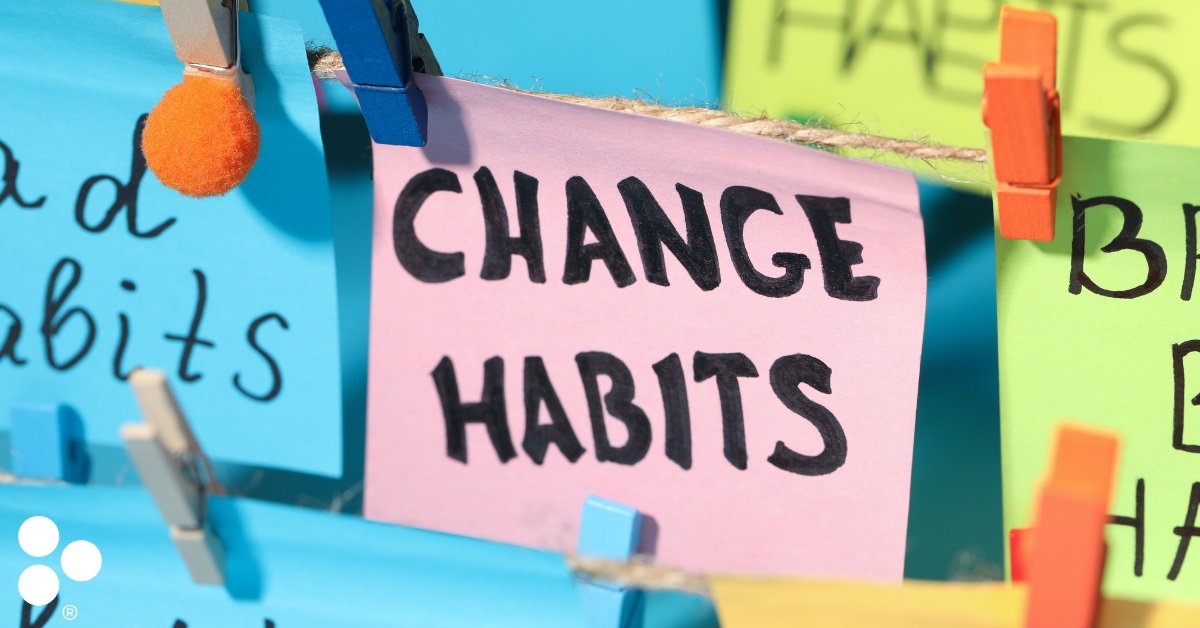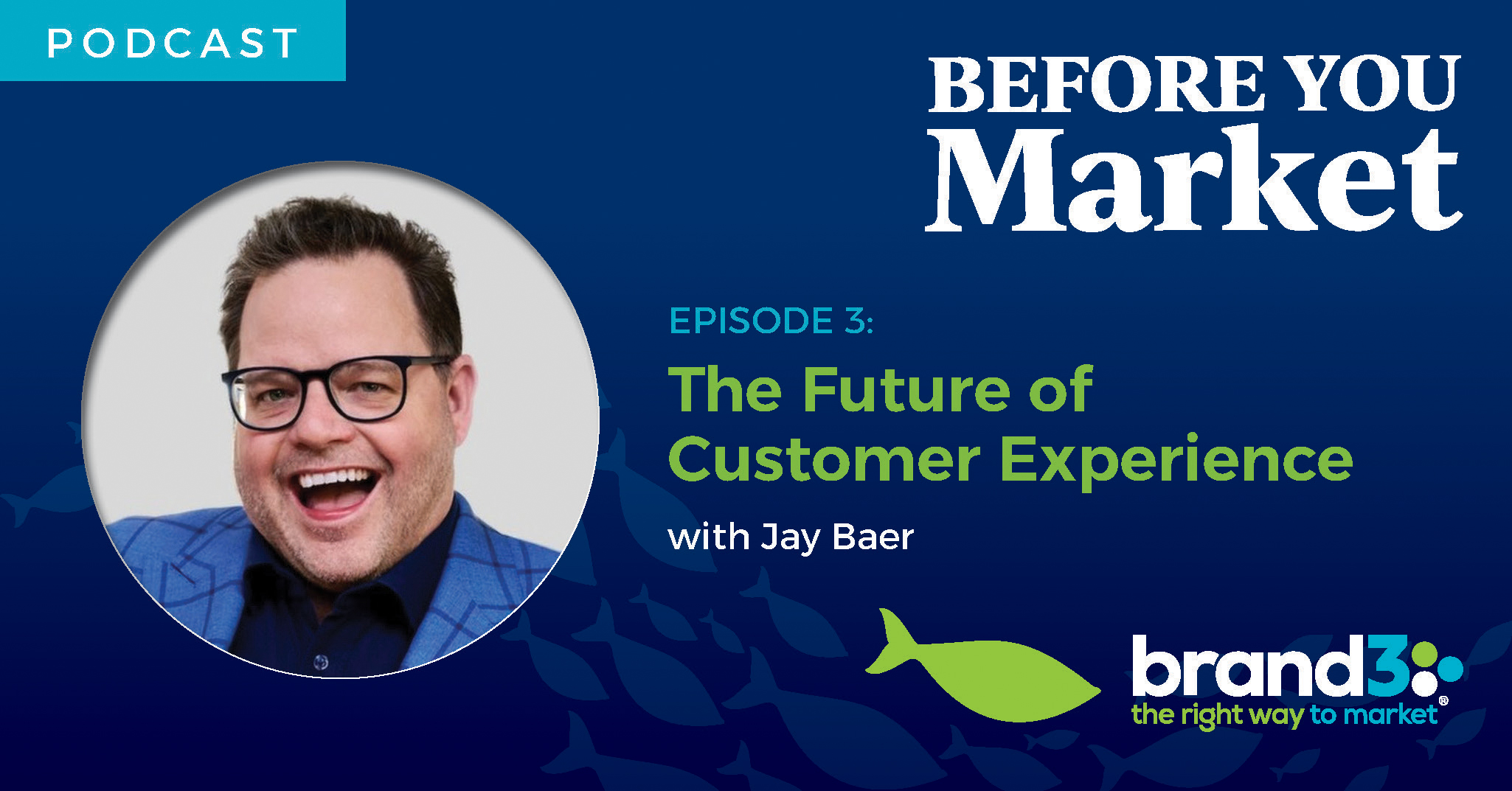
At Brand3, we’re all about self-improvement, so weighing in on New Year’s resolutions makes sense.
Our verdict?
Ditch them. Learn to build better habits instead.
Drawing from ancient wisdom and modern tech, we’ll look at why we should favor habits over resolutions, how to choose the right ones, and strategies for making them stick.
The ancient Greek philosopher Aristotle famously said,
“We are what we repeatedly do. Excellence, then, is not an act but a habit.”
Aristotle was a proponent of ‘virtue ethics,’ a concept emphasizing the importance of developing good character traits or virtues over a lifetime. He believed that it’s through consistent practice and repetition that we develop the character and skills we desire.
Now, Aristotle didn’t have to face the temptations of doom scrolling on social media or resisting the snooze button on Monday mornings.
But his insights are still surprisingly relevant even in our modern context, especially this time of year when New Year’s resolutions are the hot commodity.
This lesson brings us to an important distinction. A goal is an end result we strive to achieve—like running a marathon.
A habit, however, is the regular behavior or practice that leads us there—running daily.
While goals provide direction and motivation, habits make these goals achievable.
According to a Forbes Health poll for New Year's resolutions in 2024, the top aspirations include:
These goals, while commendable, raise an important question: How sustainable are they? And more critically, why do we treat resolutions like a one-size-fits-all solution?
While popular resolutions like improving fitness or finances are widely promoted, they might not be right for everyone. It’s important to recognize your personal needs in setting goals and forming habits to achieve them.
Gretchen Rubin, a best-selling author known for her insights into happiness and human nature, argues that understanding our individual tendencies is vital to developing effective habits.
In Better Than Before, she writes,
We must personalize our approach to habit formation. Forget everyone else’s routines—even your favorite TikTok influencers.
Instead, understand and embrace your unique traits and circumstances.
Reflect on what aligns with your personal goals, lifestyles, and values. Find the balance between ambition and practicality.
Make sure the habits you cultivate are nurturing and sustainable—be kind to yourself. Don’t set unrealistic goals that make for unrealistic habits.
This approach makes habit formation an empowering journey of self-discovery and personal growth.
Grab a pen and paper, or open up your Notes app, and take a few minutes to reflect on these questions. They’ll help you determine the right habits for you.
Reflect on what truly matters to you and what you aim to achieve long term.
Understanding your personal strengths and areas for growth can guide you in choosing habits that align with your capabilities.
Look back at habits you've successfully maintained and consider what made them stick.
Identifying aspects of your existing routines that you enjoy can help in forming new habits.
Consider the practicality of integrating new habits into your daily life.
Define what achieving your goals would realistically look like in your life.
Knowing how you deal with difficulties can help set habits that are resilient to life's ups and downs.
Now that we’ve identified our goals and the sustainable habits we can form to achieve them, it’s time to look at the how.
Renowned author and speaker James Clear writes in his book Atomic Habits,
Essentially, achieving goals is less about the goals themselves and more about the systems you establish to reach those goals.
No matter how ambitious your goals are, their achievement largely depends on the effectiveness of the day-to-day systems you put in place.
So, how can we build better systems?
Luckily, we live in a time when we can leverage artificial intelligence as our own habit-building tools.
You can use AI apps to set SMART (Specific, Measurable, Achievable, Relevant,
Time-bound) goals. These apps can analyze your input to suggest personalized, achievable habits based on your past behavior and preferences.
You can search for specific apps that do this or take that questionnaire from earlier and feed your response to ChatGPT. Here’s a simple prompt:
Based on these questions and my responses, suggest specific, measurable, achievable, relevant, and time-bound (SMART) goals for habit formation that align with my individual preferences and lifestyle.
For more personalized goal setting and habit tracking, dedicated AI applications may be more equipped to analyze your input and offer tailored recommendations.
Machine learning technology can significantly enhance the process of routine optimization.
These systems analyze your daily activities and behavioral patterns, learning to provide increasingly accurate and personalized recommendations over time.
By adapting to your unique lifestyle and preferences, machine learning algorithms can suggest the most efficient and effective ways to integrate new habits into your routine.
Most of these programs and apps cost money, so we hesitate to recommend any. You’ll have to research programs or apps that seem like the best fit for you.
Another option is to work with AI-driven virtual coaches or chatbots. These coaches can provide motivation and feedback on your progress, keeping you accountable and on track with your habits.
You can find specific virtual accountability coaches or turn ChatGPT into your coach, interacting with it regularly for habit tracking and motivation.
For instance, you could provide daily updates on your progress and receive feedback or encouragement. Here’s an example prompt:
You’re an enthusiastic and expert virtual accountability coach for habit formation. This week, I focused on [specific habit].
Here's what I accomplished: [details of your progress].
I encountered these challenges: [describe any difficulties]. Based on this information, can you give me feedback, suggestions for improvement, and motivational guidance for the coming week?
As you continue to provide daily updates, ChatGPT’s response should become more tailored to you and help you reflect on your progress and setbacks.
AI can analyze your behavioral patterns. Based on this analysis, it can send customized reminders timed to when you're most likely to succeed in performing the new habit, increasing the likelihood of adherence.
There’s a free app that does this, gamifying habit formation and task management—Habitica. It turns real-life tasks and goals into a role-playing game, where you can earn rewards and level up a character by completing habits and daily tasks.
It's particularly effective for those who enjoy gaming and are motivated by progress and achievement.
If you’d rather not use an app, you can do some of the work yourself. For example, ask ChatGPT some variation of,
Based on my daily routine of waking up at 7 AM, working from 9 AM to 5 PM, and relaxing in the evenings, what are the best times to schedule my new habits of [insert desired habits]?
Make this prompt more detailed based on your schedule and goals. Then, use the recommendations to set reminders on your phone at the recommended times.
AI can help us build better systems for habit formation, but it can’t do everything for us. We still have to put in the daily work.
We must blend technology with our consistent effort.
The best AI tool in the world can’t physically make us lace up our sneakers and go for a run (at least not yet)—that part’s on us.
This past year, we’ve been working on overhauling our processes and documenting them for consistent repetition, which really boils down to building better habits.
We consistently strive to integrate self-improvement and innovative thinking into our work and personal lives.
And we know that just like building a habit, crafting a successful brand requires insight, dedication, and the right strategies.
If you’re interested in creating or elevating a brand with a team that values growth and innovation, let’s talk. Schedule a call, and let’s do something amazing together.


